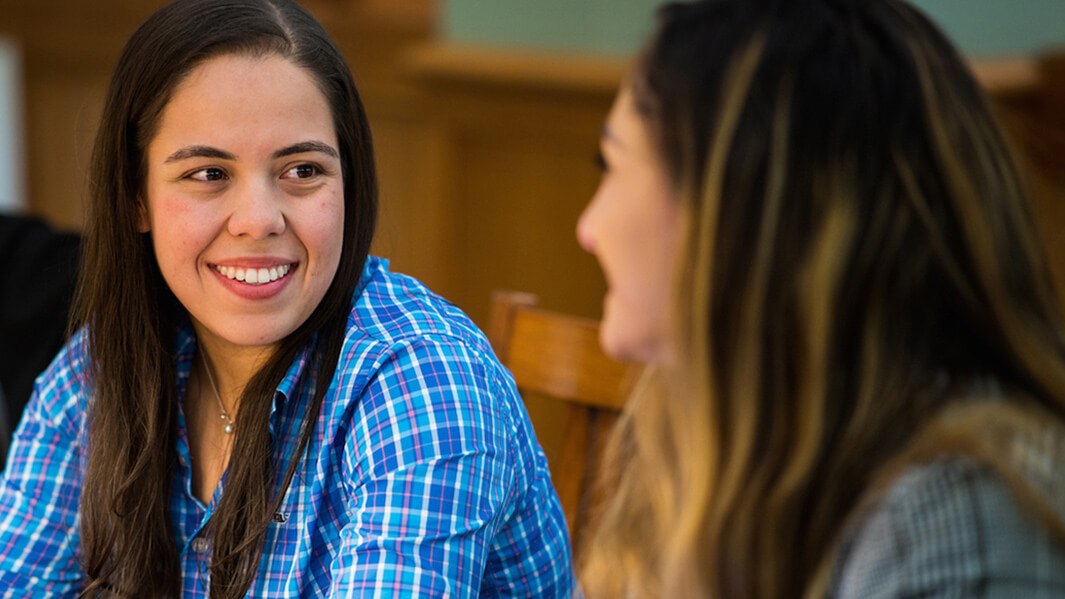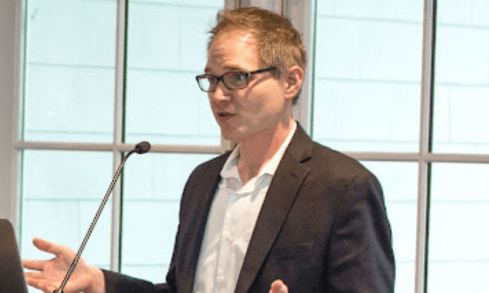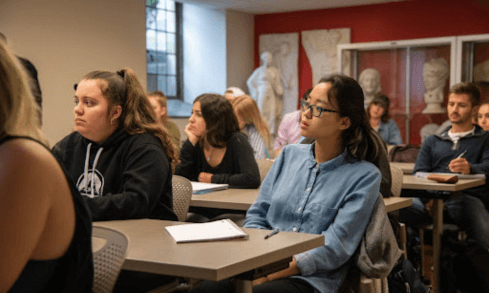Psychology
Degree
Bachelor of Science, Major, Minor
School/College
John Charles Meditz College of Arts & Sciences
As a psychology major at Fairfield, you will gain exposure to different psychological perspectives by taking a wide range of courses that explore the study of neuro-chemical activity in the brain; developmental influences on thought, behavior, memory, attention, and learning; and social influences and group memberships that give rise to conformity with norms, prejudice, and prosocial behavior.
Find Out More
Contact Us
Undergraduate Admission
admis@fairfield.edu
(203) 254-4100
Career Outlook
Fairfield’s Psychology program instills strong research and analytical skills in undergraduate students while providing them with invaluable hands-on experience in the field. Graduates are top candidates for professional roles both before and after graduation.
Internships
Each student spends at least ten hours per week on-site under qualified supervision enabling them to use the skills and knowledge acquired as students of psychology.
Sample Internship Sites
- CRN International
- People’s Bank
- Superior Court
- New England Center for Children
- National Center for Post-Traumatic Stress Disorder
- Fairfield Preparatory School
Employers
- Greenwich Country Day School
- Make A Wish Connecticut
- NewYork-Presbyterian
- Songbird Creative Centers
- Fairfield University
- Fairfield College Preparatory School
- Helping Hands Family
- Landmark Academy
- Fidelity Investments
- Clearweave Careers
- Wayfair
- YMCA
There are so many research, teaching assistantship, and internship opportunities that can help kickstart your future.
- Alexis O'Shall '24



